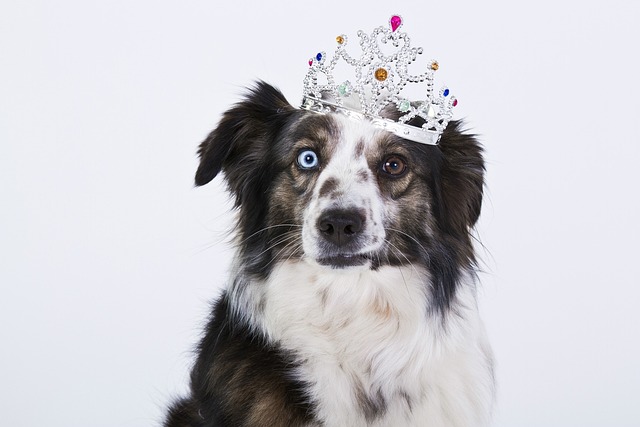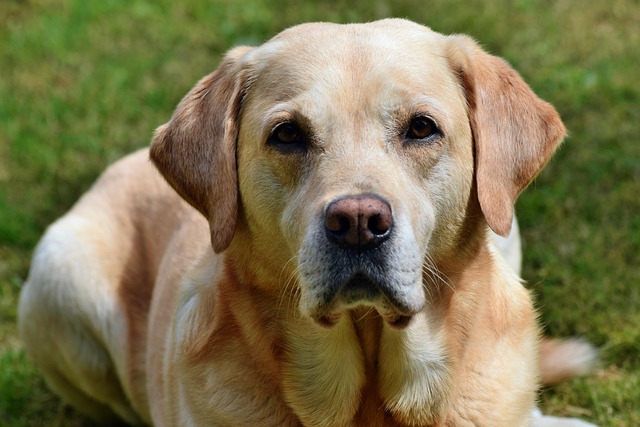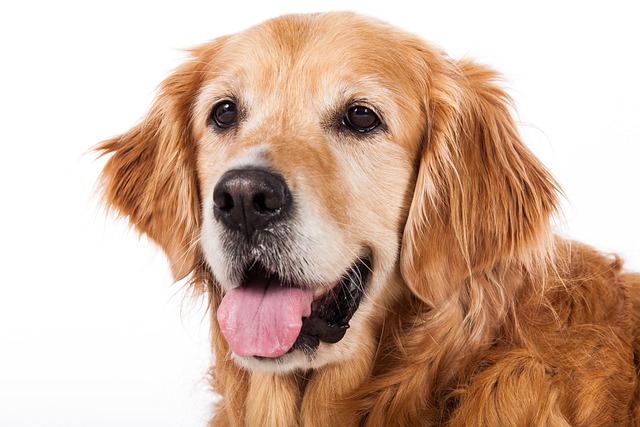
Should I give my dog vitamin supplements
If you’ve ever stood in the pet store aisle, staring at bottles of dog vitamins labeled “immune support” or “shiny coat,” you might’ve wondered if your pup really needs them.
Seeing your dog suffer from gastroenteritis can be heartbreaking. That restless pacing, those pleading eyes, the sudden accidents on your favorite rug - it's enough to make any pet owner feel helpless. What many don't realize is how long this condition remains contagious, potentially putting other dogs at risk. The contagious period actually varies significantly depending on what's causing those tummy troubles in the first place.
Viral infections like parvovirus create the perfect storm. These microscopic invaders can linger in your dog's system for up to two weeks after symptoms disappear. I've witnessed cases where seemingly recovered dogs suddenly relapsed, their weakened immune systems struggling to fully eliminate the virus. Bacterial culprits such as salmonella or E. coli typically have shorter contagious windows, usually about 48-72 hours post-treatment. But here's what most owners miss - some dogs become asymptomatic carriers, spreading bacteria through their stool for months without showing any signs themselves.
Small breed dogs often face longer recovery periods. Their delicate digestive systems seem particularly vulnerable to prolonged infections. I remember treating a Yorkshire Terrier whose gastroenteritis remained contagious for nearly three weeks, while a Labrador Retriever in the same household bounced back within days. Age plays a role too - puppies and senior dogs generally have extended contagious periods compared to healthy adults.
You'll know your dog is turning the corner when their energy returns to normal and those telltale symptoms disappear. But don't trust appearances alone. As a rule of thumb, wait at least 72 hours after the last episode of vomiting or diarrhea before considering playdates with other dogs. Some vets recommend follow-up fecal tests to confirm the infection has cleared, especially for parasites like giardia that can be stubborn to eradicate completely.
Isolation sounds simple until you try keeping an energetic dog confined. I advise clients to create a comfortable quarantine space with familiar bedding and quiet toys. Wash food bowls separately using hot, soapy water, and always pick up waste immediately - that's where most pathogens lurk. For multi-dog households, rotating yard access can help prevent contact with contaminated areas. Surprisingly, your shoes can spread germs too, so consider keeping a pair just for your sick pup's area.
What many owners don't anticipate is the emotional toll of extended isolation. Dogs are social creatures, and prolonged separation can cause stress that actually slows recovery. I've found that maintaining routine through gentle voice interaction and scent exchanges (like swapping blankets between separated dogs) can provide comfort without risking transmission. The key is balancing necessary precautions with your dog's emotional wellbeing.
Prevention starts long before symptoms appear. Regular vaccinations create crucial protection against viral causes of gastroenteritis. I'm always amazed how many clients skip these, not realizing they're gambling with their dog's health. Simple habits make a difference too - washing your hands after handling any dog, avoiding communal water bowls at parks, and keeping your dog's living area clean can significantly reduce infection risks.
When gastroenteritis strikes, timing matters. Early veterinary intervention can shorten both the illness duration and contagious period. I've seen cases where prompt fluid therapy and medication cut recovery time in half. Don't wait until your dog becomes lethargic - by then, dehydration may have already set in, complicating treatment and potentially extending how long they remain contagious to others.
The uncertainty surrounding contagious periods stems from gastroenteritis having so many potential causes. While averages exist, your dog's specific situation could differ. That's why working closely with your vet provides the best protection - for your sick pup and the canine community around you. With proper care and patience, this challenging period will pass, leaving you both wiser about preventing future episodes.

If you’ve ever stood in the pet store aisle, staring at bottles of dog vitamins labeled “immune support” or “shiny coat,” you might’ve wondered if your pup really needs them.

If you’ve ever thought about swapping your dog’s kibble for something homemade, you might’ve worried: “Will I get the nutrients right?”

If you’ve ever watched your dog tilt their head like they’re confused, or scratch at their ear until they whimper, you might be seeing signs of an ear infection.

Golden Retrievers, with their lush coats and playful spirits, often steal hearts in parks and homes alike. But that same thick fur that makes them so cuddly can sometimes be a double-edged sword when it comes to skin health.

If you’ve ever left a friend’s house with a dog and spent the next hour sneezing, your eyes red and watery, you’ve probably wondered when the discomfort will end.

If you’ve ever watched your dog scratch until their skin turns red, or noticed them licking their paws raw after a walk, you’ve probably wondered what’s causing their discomfort.